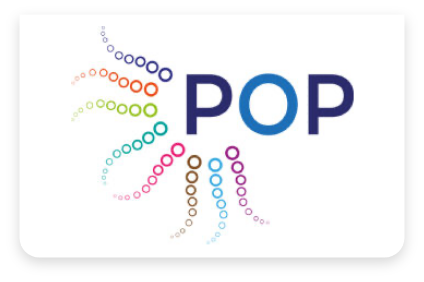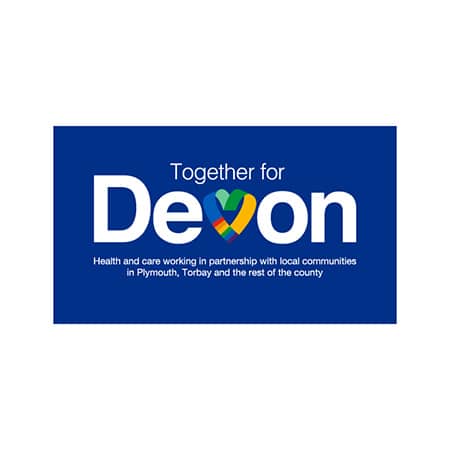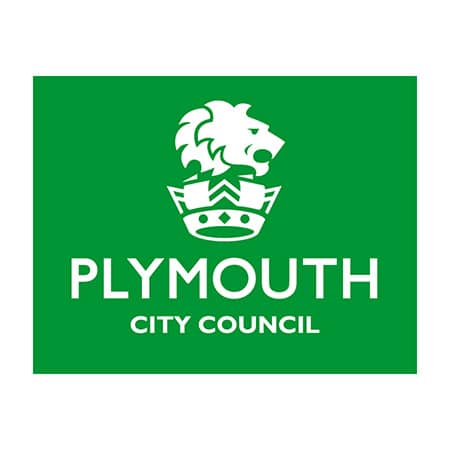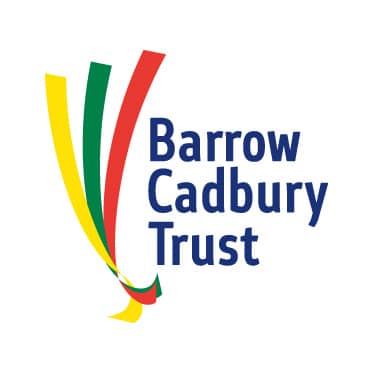Last summer I went to an incredible conference https://www.jrf.org.uk/blog/new-frontiers-some-reflections which started to open my eyes to the structural inequality we in the UK generally ignore. Last week I went to some anti-racism training being developed through Changing Futures by Bthechange, Cliinks, Ahimsa and others in the city. It was another prompt to consider why four times as many Black women die during childbirth than White women, 7 times as many Black men get stopped and searched by the Police and schools have no legal duty to report racist incidents.
We were faced with the treatment of Megan Markle vs Kate Middleton, Rashford, Sancho and Saka for missing penalties and Syrian refugees vs Ukrainian refugees. And each one was so clearly split down race and colour lines.
The only conclusion is that we still live in a racist country.
As someone that attends strategic meetings and connects with leaders across the city, I have never heard a conversation that is directly tackling this. We certainly discuss ‘others’ – we focus on those most vulnerable to exploitation and radicalisation, we single out the ‘bad apples’ (when we are forced to admit something’s wrong), but we don’t look at ourselves and ask ourselves what is happening more systematically to cause this significant imbalance. At the same time I also don’t hear conversations discussing many of the critical issues we face – poverty, inequality, climate crisis. These are all in the too difficult pile.
We really have to start listening. For a white man this can be hard. I sit towards the ‘top’ of the social hierarchy and whilst I can catch glimmers through my own personal experience of what it might be like to be excluded I cannot ever get there. So what I need to do is listen and when I can use my power, open up conversations where we might get closer to the equity and reparations we need to reach. I need to think about what it means to be a white man. I am an individual, but I also belong to a group, whether I like it or not. And right now, this group is not a particularly positive force in the world.
There’s some hope in Plymouth.
- There is a growing and relatively strong movement around listening.
- There’s a very early conversation about power and control within organisations.
- There’s a strong movement around trauma informed practices and likeminded work going into mens violence against women and girls.
But with this comes a huge risk. What if these don’t make the changes we’re looking for? What if they don’t work? What then? Where would we go next?
I want to keep hope in my heart for change so I will focus on continuing to agitate and prompt conversations we need to have and anyone that wants to join with me is very welcome! Ultimately this journey is good for everyone. If we can find our way through this, I have no doubt that along the way we will find our way through many of the issues we face.






